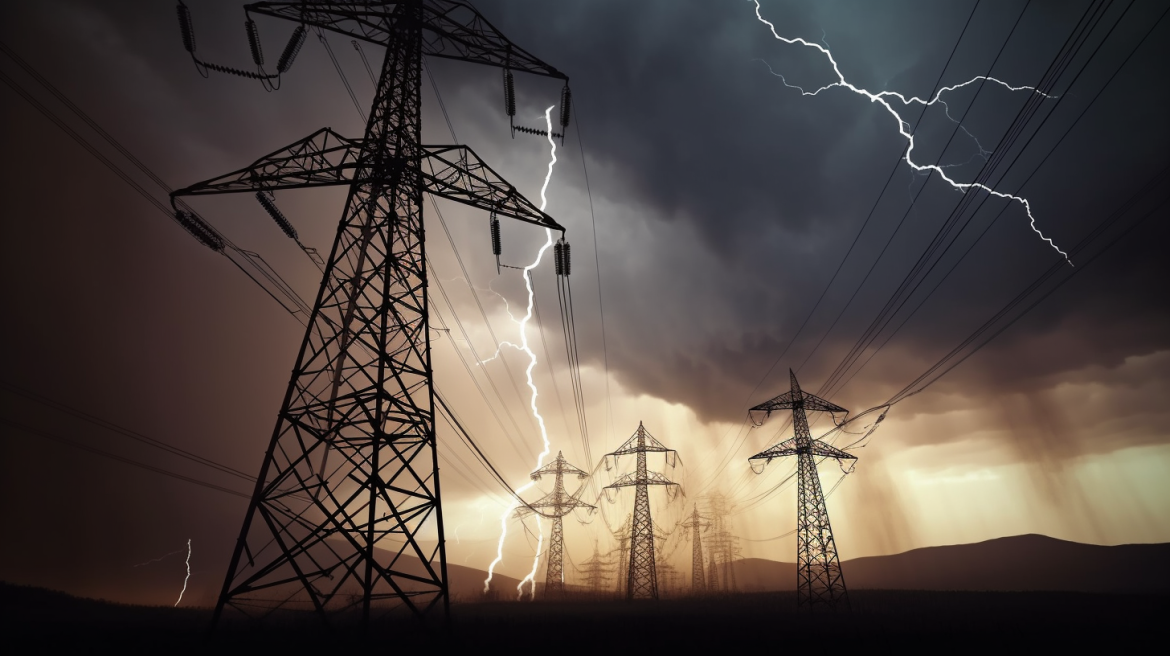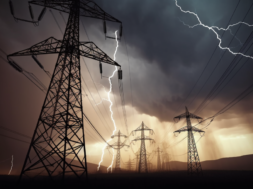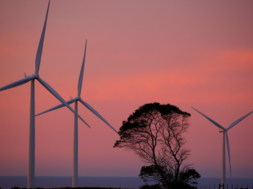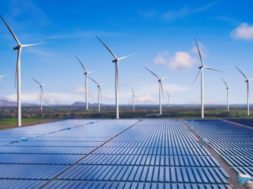
0
0
Tunisia, a small North African country, has been making significant strides in the renewable energy sector, particularly in solar and wind power. The country’s abundant natural resources, coupled with its strategic location at the crossroads of Europe, Africa, and the Middle East, make it an ideal candidate for green hydrogen production. Green hydrogen, which is produced using renewable energy sources, has the potential to revolutionize the global energy market and contribute to the fight against climate change.
Green hydrogen is produced by using renewable energy sources, such as solar or wind power, to split water molecules into hydrogen and oxygen through a process called electrolysis. This hydrogen can then be stored and transported, and when it is used as a fuel, it emits only water vapor, making it a clean and sustainable alternative to fossil fuels. As countries around the world strive to reduce their carbon emissions and transition to cleaner energy sources, green hydrogen is emerging as a promising solution.
Tunisia’s potential for green hydrogen production is immense, thanks to its abundant solar and wind resources. The country has a solar irradiation level of up to 2,200 kWh/m² per year, which is among the highest in the world. This makes it an ideal location for large-scale solar power projects, such as the 500 MW TuNur project, which aims to export solar energy to Europe via an undersea cable. Tunisia’s wind potential is also significant, with an estimated capacity of 4,500 MW, much of which remains untapped.
In addition to its renewable energy resources, Tunisia’s strategic location makes it an attractive hub for green hydrogen production and export. The country is situated at the crossroads of Europe, Africa, and the Middle East, with close proximity to major energy markets. This geographical advantage could enable Tunisia to become a key player in the emerging global green hydrogen market, supplying clean energy to neighboring countries and beyond.
The Tunisian government has recognized the potential of green hydrogen and has taken steps to support its development. In 2020, the Ministry of Industry, Energy, and Mines launched a national hydrogen strategy, which aims to develop the country’s hydrogen production capacity and create a regulatory framework to support the sector. The strategy also seeks to attract foreign investment and promote international cooperation in the field of green hydrogen.
Several international partnerships have already been established to explore Tunisia’s green hydrogen potential. In 2021, the German Federal Ministry for Economic Cooperation and Development (BMZ) announced a partnership with Tunisia to develop a green hydrogen project, with an initial investment of €40 million. The project aims to produce green hydrogen using solar and wind energy, and to develop the necessary infrastructure for its storage and export.
Moreover, the European Union has identified Tunisia as a priority partner for green hydrogen cooperation under its Clean Hydrogen Partnership. This partnership aims to support the development of a sustainable hydrogen ecosystem in the region, and to promote the use of green hydrogen in various sectors, such as transportation, industry, and power generation.
In conclusion, Tunisia’s green hydrogen potential represents a game changer for the global energy market. The country’s abundant renewable energy resources, strategic location, and supportive government policies create a unique opportunity for Tunisia to become a major player in the emerging green hydrogen market. By harnessing this potential, Tunisia can not only contribute to the global fight against climate change but also create new economic opportunities and drive sustainable development for its people.











